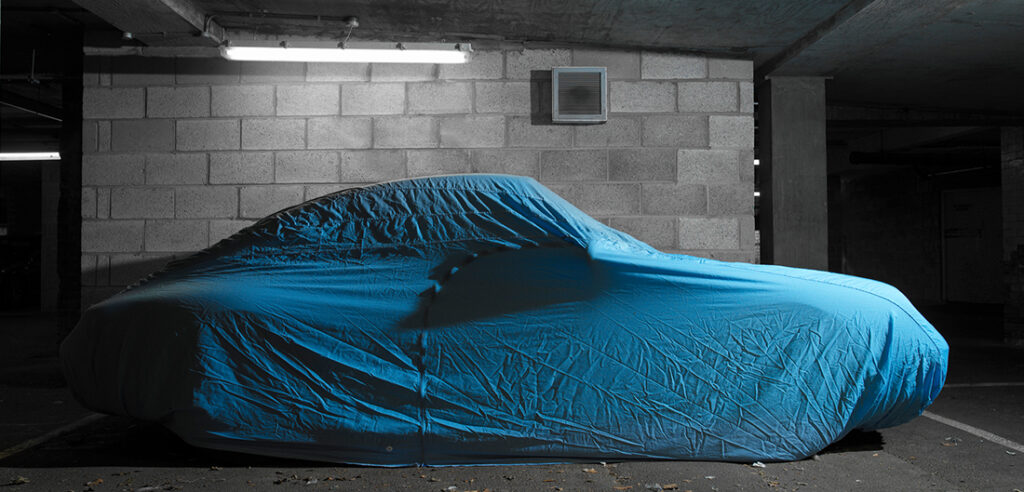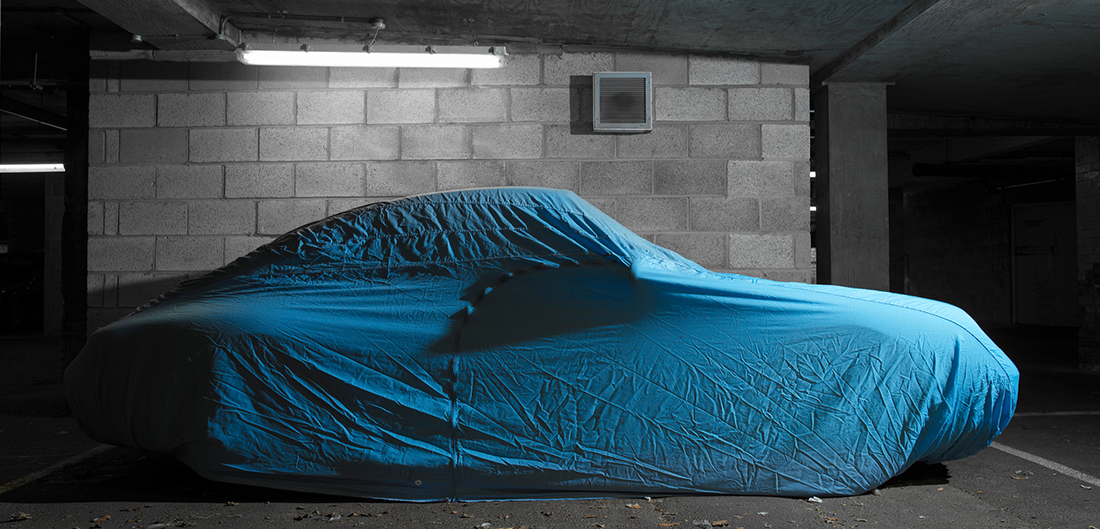
If you’ve ever bought, or leased, a car there’s a pretty good chance you’ve been told you need “full coverage” auto insurance while under a loan or lease. But what exactly does that mean?
Honestly, there is no such thing. It is not a term generally used by insurance companies because no insurance company will be able to cover 100% of all situations, which is why so many companies do not use the term “full coverage.” The definition of full coverage is going to vary largely by the person and the situation.

What does “full coverage” actually mean?
The answer to this question lies in who is asking. A lender will have a very different idea of “full coverage” than the owner of the policy and both may vary from state mandated coverage. As we noted above, the definition is open to interpretation, however, let’s take a bit of a deeper look at each perspective:
- State Regulations. Many states require a certain amount of insurance to be purchased in order to legally drive within the state (usually referred to as state minimum coverage). The standard coverages most states require are:
- Liability Coverage. This coverage is designed to protect you if you’re found to be at-fault in an accident. It can cover the other driver’s medical costs, lost wages, pain and suffering, repair or replacement of vehicle or property and can even cover some legal bills. This coverage does not cover your medical expenses, lost wages or vehicle damages.
- Uninsured or Underinsured Motorist Coverage. This coverage requirement varies by state, but is used when you’re in an accident caused by another driver who is either uninsured or does not have enough coverage.
- Lenders and Financial Institutions. Lenders have a vested financial interest in the vehicle they issue a lease or loan for. So, when they talk about full coverage, they want to make sure the vehicle is protected in the event of an accident. These coverages are optional if you own your vehicle, however lenders often require:
- Collision Coverage. This coverage protects your vehicle (minus your deductible and up to market value) in the event of a collision with another vehicle or an object such as a barrier or tree.
- Comprehensive Coverage. This covers your vehicle (minus your deductible and up to market value again) in the event of an accident that is not related to a collision, for example a deer running out in front of you, a tree falling on your car or a windshield crack.
- Policyholders. No one wants more out of their insurance than the one who uses the vehicle every day. So, when you personally say full coverage, you may also be thinking of higher liability limits on top of a wide list of additional coverages offered by ERIE such as:
- Rental Car Coverage.1 After an accident there is nothing more inconvenient than being without your vehicle. This coverage, technically named Transportation Expenses, is designed to ensure you receive a rental car to keep you on the road while your car is being repaired.
- Roadside Service.2 From lockouts, flat tires and dead batteries all the way to running out of gas, even the most perfectly maintained cars may have an unexpected breakdown that leaves you stranded on the roadside. This helps cover the expense of retrieving you and your vehicle in these situations.
- Auto Security.3 This is an auto endorsement that ensures you have adequate coverage to replace your new ride should it end up totaled. With this endorsement, if your new car (less than two years old) is totaled, it will be replaced with the newest model year. If your vehicle is older than two years, it will be replaced with a model up to two years newer than your current model.
How Do I Know What Type of Coverage I Need?
The best way to make sure you have enough coverage for your specific needs and stay within your budget is to reach out to your Middle Creek Insurance Agent. Since we’re local, we understand the demands of your area. We’re also experts in the insurance world, so we can make sure you meet any requirements from both the state and a lender while also ensuring you have peace of mind you’ll be covered.
Give us a call at 919-524-2149 for a proposal – or use our free online rater to compare. Remember – Erie Insurance Auto policies are ANNUAL policy terms.
- 1The six classes of rental car options are not available in Virginia or North Carolina. Transportation expenses are included in Virginia with comprehensive coverage and is optional with collision. In North Carolina, transportation expenses are only covered with vehicle theft claims. The limit is $15 per day and up to $450 per loss. Vehicles eligible for coverage include cars, light trucks and motorcycles. The service also covers horse, livestock and other trailers that are pulled by vehicles that ERIE insures. See individual policies for specific coverage details. Certain terms and limitations may apply. In North Carolina, coverage is purchased by limits ($25, $50 and $100).
- 2Roadside Service coverage is only available when either comprehensive or collision coverage has been purchased on the vehicle. In North Carolina, Towing and Labor Service Coverage is only available when comprehensive coverage has been purchased on the vehicle. Limitations apply in Virginia.
- 3The endorsement is sold on a per-vehicle basis, not per policy, and contains the specific details of the coverages, terms, conditions and exclusions. Coverage is not available in New York or North Carolina. Eligible vehicles must carry both comprehensive and collision coverage and replacement must be made with a comparable model. See individual policies for specific coverage details. New vehicle replacement and better vehicle replacement do not apply to leased vehicles. Auto lease/loan component and repair coverage applies to a leased vehicle. Coverage does not include items such as overdue payments and carry-over balances from previous leases/loans, etc. When payment is made under new vehicle replacement or better vehicle replacement, auto lease/ loan or repair coverage will not apply. Insurance products are subject to terms, conditions and exclusions not described here. Ask your ERIE agent for details.



